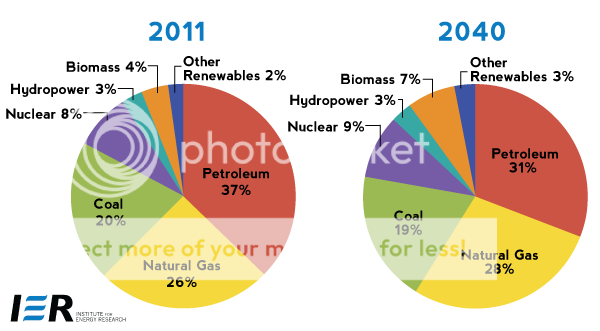Trakar
VIP Member
- Feb 28, 2011
- 1,699
- 74
- 83
- Thread starter
- #41
I'm certain you're wrong; we have a 425,000 year data set showing CO2 lagging temperature both on the increase and decrease.
A modelled dataset depicting a period of warming that was forced primarily by one set of natural factors and conditions is not going to tell you much of anything about about climate change resulting from different set of forcing factors, and there are many different factors that can act as either feedbacks (amplifying or detractive) or forcings, dependent upon whether they are being driven by other influences or acting as primary influences all on their own. The data modelling upon which the older graphs you point to, were designed to reflect, need to be updated with more recent understandings.
 Indeed........none of the "climate change consensus science" matters for shit if it is having zero influence on legislators. Executive fiat via the EPA dosent add up to dick. Meanwhile, you look across the water to Europe and they are moving in exactly the opposite direction as subsidies for renewables is also heading towards fossilization!!! Why? Because the scam has been exposed and the people dont want billions of tax dollars spent on what is essentially the equivelent of burning money in a bonfire.
Indeed........none of the "climate change consensus science" matters for shit if it is having zero influence on legislators. Executive fiat via the EPA dosent add up to dick. Meanwhile, you look across the water to Europe and they are moving in exactly the opposite direction as subsidies for renewables is also heading towards fossilization!!! Why? Because the scam has been exposed and the people dont want billions of tax dollars spent on what is essentially the equivelent of burning money in a bonfire.


